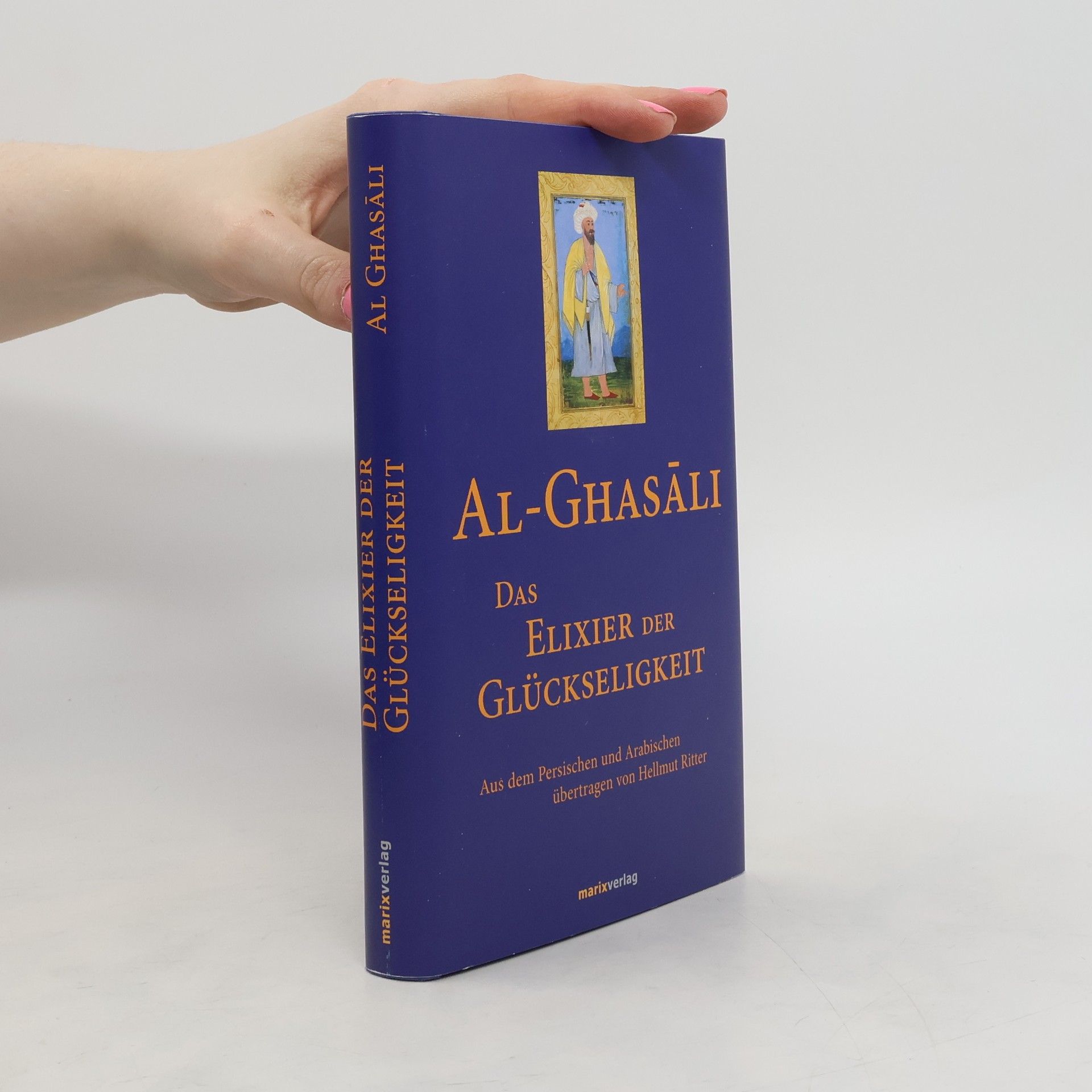The Censure of This World: Book 26 of Ihya' 'Ulum Al-Din, the Revival of the Religious Sciences Volume 26
- 200pages
- 7 heures de lecture
Being the twenty-sixth book of The Revival of the Religious Sciences (Ihya' 'ulum al-din), The Book of the Censure of This World (Kitab Dhamm al-dunya) seeks to persuade its reader of the folly of worldly pleasures and possessions. To do so, al-Ghazali begins with a collection of Islamic primary-source texts that speak to the dangers of this world from a variety of angles. He then adds to this collection fourteen metaphors for this world that illustrate its perfidious nature. In a third subsection, al-Ghazali provides an original rationale for renouncing worldly enjoyments, and he furnishes his reader with a blueprint for determining what constitutes " this world" in its most dangerous sense. In a fourth and final subsection, al-Ghazali applies a sociological theory to enumerate the essential human vocations and identify the mechanisms through which these lead people away from God.

